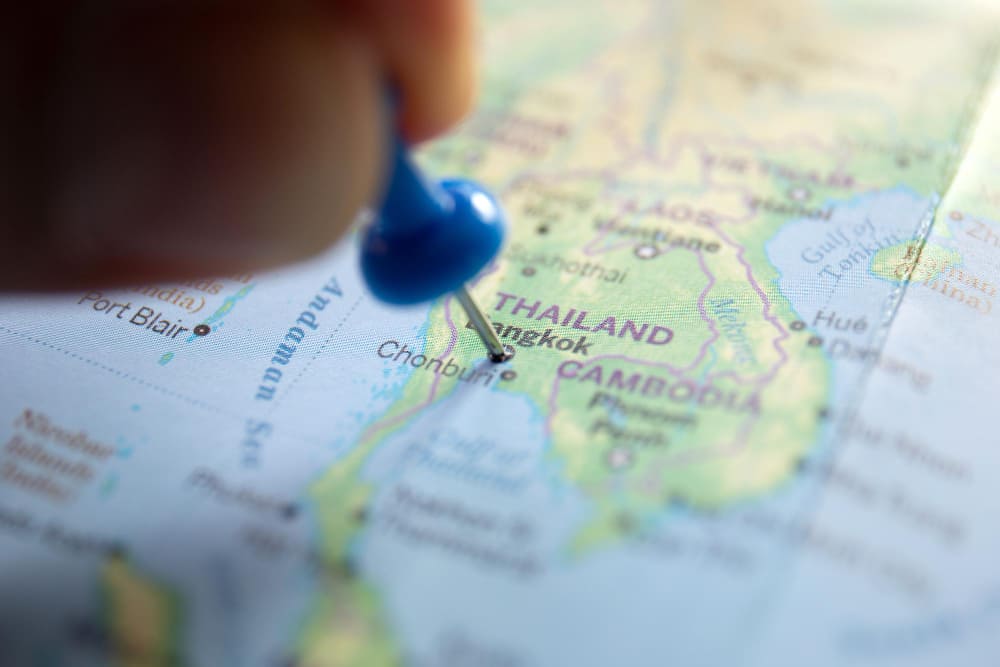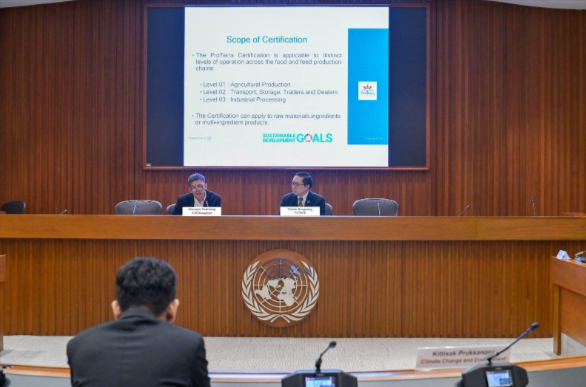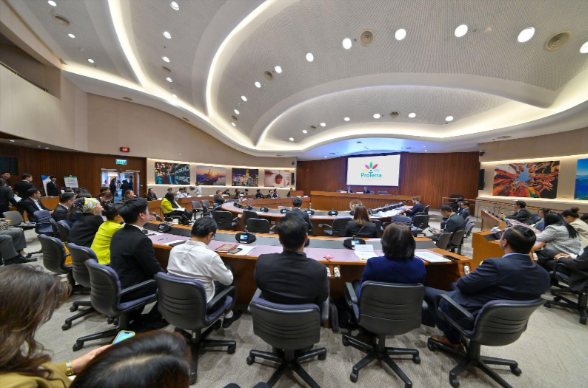ProTerra’s Enhanced Standards Unveiled at UNESCAP Amid Thailand’s Accelerated Net-Zero Goal

ProTerra’s Sustainability Standards were highlighted at the Sustainable Trade, Investment, and Finance for Sustainable Consumption and Production Conference, hosted at the United Nations Economic and Social Commission for Asia and the Pacific (UNESCAP). The standards, which focus on crucial social and environmental criteria, represent a direct response to the global imperative to accelerate Sustainable Consumption and Production (SCP) practices. Specifically, the ProTerra Standard aims to promote good agricultural practices, protect the environment, ensure the supply of sustainably produced, fully traceable, non-GMO ingredients, and foster respect and dignity for workers and communities.
Policy Context and Integrated Sustainability Focus: Thailand’s Net-Zero and No-Burning Initiatives

The conference’s timing was particularly significant, as it coincided with the Thai government’s decision to accelerate its Net-Zero Greenhouse Gas (GHG) Emissions target from 2065 to 2050 (with a Carbon Neutrality target by 2050). This ambitious national shift provided a powerful backdrop for discussions focusing on key interconnected sustainability topics.
Discussions highlighted critical pathways to achieving this accelerated net-zero goal, underscoring the essential role of the agricultural sector—the second-largest GHG contributor- as a net-zero accelerator. The primary strategies to meet this goal include:
- Emissions Reduction: Implementing mitigation measures such as optimising water management in rice fields (e.g., Alternate Wetting and Drying), improving livestock manure management, and reducing the use of chemical fertilisers.
- Carbon Sinks: Increasing the role of forestry and land use/land-use change (LULUCF) in carbon removal.
Key conversations also addressed the significance of implementing a “no-burning” approach in agricultural supply chains and ensuring respect for Human Rights.
Progress on the “No-Burning” Success
The move to a “no-burning” policy is a crucial component of Thailand’s climate strategy, primarily targeting the reduction of PM2.5 air pollution and greenhouse gas emissions from the common practice of open-field burning for crops such as sugarcane and rice.
- Sugarcane Sector Progress: The government has introduced policies and tools such as subsidies for fresh (unburned) sugarcane and penalties for burnt cane, alongside legal measures that restrict sugar mills’ purchases of burnt products. These measures have led to significant shifts; for example, the burnt sugarcane ratio reportedly dropped sharply from around 60% in previous years to around 26-33% in recent seasons, with the industry now aiming for a maximum of 10% burnt cane.
- Challenges and Alternatives: While progress is evident, farmers often burn because it is the cheapest and fastest way to clear land due to high machinery costs and a lack of labour. Successful alternatives, such as the promotion of microbial solutions to accelerate the decomposition of rice stubble, are being scaled up to both eliminate burning and enrich soil fertility, offering a tangible win for both climate and farmer economics.
Furthermore, participants explored the mechanisms required to scale up sustainable finance and support these transitions. All discussions were firmly framed within the broader Environmental, Social, and Governance (ESG) framework, with a particular focus on achieving transparent and effective good governance.
Key Participants and Strategic Alignment

The event successfully convened a diverse and influential group of stakeholders:
- Policy Makers: Officials from key government bodies, including the Department of Climate Change, the Board of Investment (BOI), and the Office of Cane and Sugar Board, provided valuable insights from regulatory and strategic perspectives.
- Business Leaders: Senior representatives from industries critical to the Thai economy and global supply chains, specifically the sugar and tapioca sectors, as well as delegates from prominent global consumer brands.
This confluence of policy and industry leadership underscored a unified commitment to integrating the ProTerra standards into regional and global supply chain strategies.